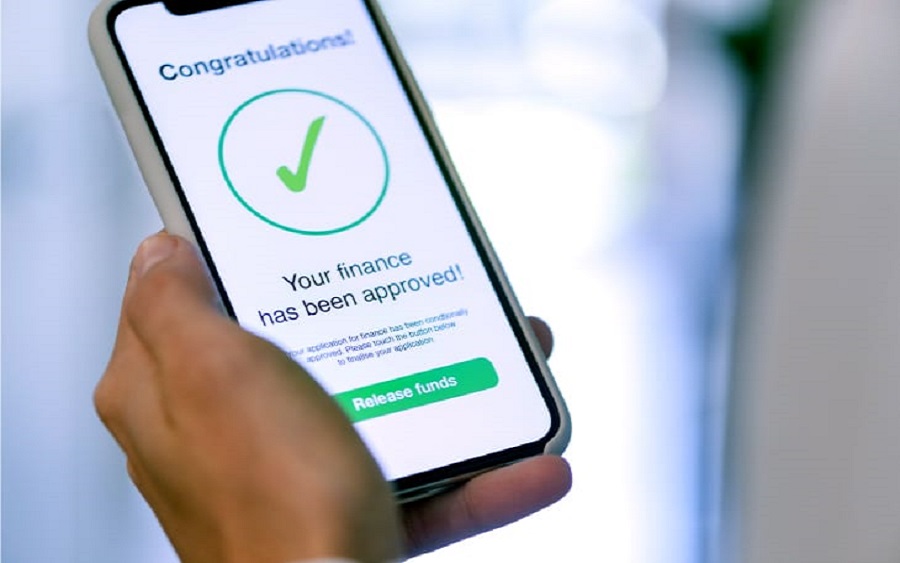Lagos, Nigeria
When Mariam Ogundairo urgently needed N30,000 (about $20), she downloaded a loan app that promised instant cash. Within minutes, the money landed in her account, alongside a 21.6 percent interest rate due in two weeks.
Unable to repay on time, Ogundairo soon faced the nightmare many Nigerians now associate with digital lenders. The app began calling her contacts, branding her a debtor, and threatening her reputation.
“I lost my security, and it makes me so sad and scared,” she told AFP.
Her story mirrors that of thousands across Africa’s largest economy, where soaring inflation and dwindling incomes are pushing citizens toward short-term loans with devastating consequences.
The Bigger Picture
Loan apps, marketed as quick fixes, have become lifelines in Nigeria’s fragile economy. But their promises often mask predatory practices—sky-high interest rates, hidden charges, and aggressive recovery tactics.
As of March 2025, the Central Bank of Nigeria reported personal loans had surged to ₦3.82 trillion, up 21.3 percent from three months earlier. Officially, more than400 loan appshave clearance to operate, yet watchdogs say many function outside regulatory oversight.
With inflation at 21.8 percent in July, fuel subsidy removals, and a naira that has lost nearly half its value since last year, many households have little choice but to borrow. Traditional bank loans, with interest rates as high as 48 percent, remain out of reach for most.
The Human Toll
For students, small traders, and low-income earners, these apps promise survival but often deliver humiliation. One student, who borrowed ₦70,000 in 2023 to fund his thesis, was unable to pay back ₦110,000 in a month. Soon, his classmates received texts labeling him a “ritualist killer.”
Another victim told advocacy group Citizens’ Gavel that a loan app remotely accessed her phone, distributing a fake obituary and a nude photo to her contacts. The group has logged at least 1,300 complaints of harassment linked to digital lenders.
“These promises are deceptive,” said Funmi Oderinde, a lawyer with Citizens’ Gavel. “Borrowers soon face unethical practices such as defamation, threats, breaches of privacy, and excessively high interest rates aimed at forcing repayment.”
Why Nigerians Keep Borrowing
Despite the risks, loan apps continue to thrive because:
- Accessibility: Apps disburse cash in minutes without collateral or paperwork.
- Desperation: Rising living costs leave citizens with shrinking purchasing power.
- Exclusion: Many Nigerians remain locked out of formal banking services.
- Weak enforcement: Dozens of delisted apps resurface under new names, largely unchecked.
The Dangers
Predatory loans come at a steep price:
- Financial ruin through spiraling debts.
- Psychological distress from public shaming and threats.
- Privacy breaches as apps exploit data access permissions.
- Erosion of trust in fintech, an industry critical to Nigeria’s digital economy.
Regulatory Scrutiny
The Federal Competition and Consumer Protection Commission (FCCPC) has blacklisted 47 apps and placed 88 on watchlists for harassment and other violations. It also pledged to monitor interest rates to curb exploitation. Yet campaigners argue sanctions remain weak.
“Loan sharks thrive because of poor enforcement,” Oderinde warned.
The Average Nigerian’s Dilemma
For many Nigerians, the choice is stark: endure harassment from loan apps or face hunger and unpaid bills. Until regulation is tightened and consumer protections strengthened, digital lenders will remain both a safety net and a threat—filling a gap the formal banking sector has failed to close.
